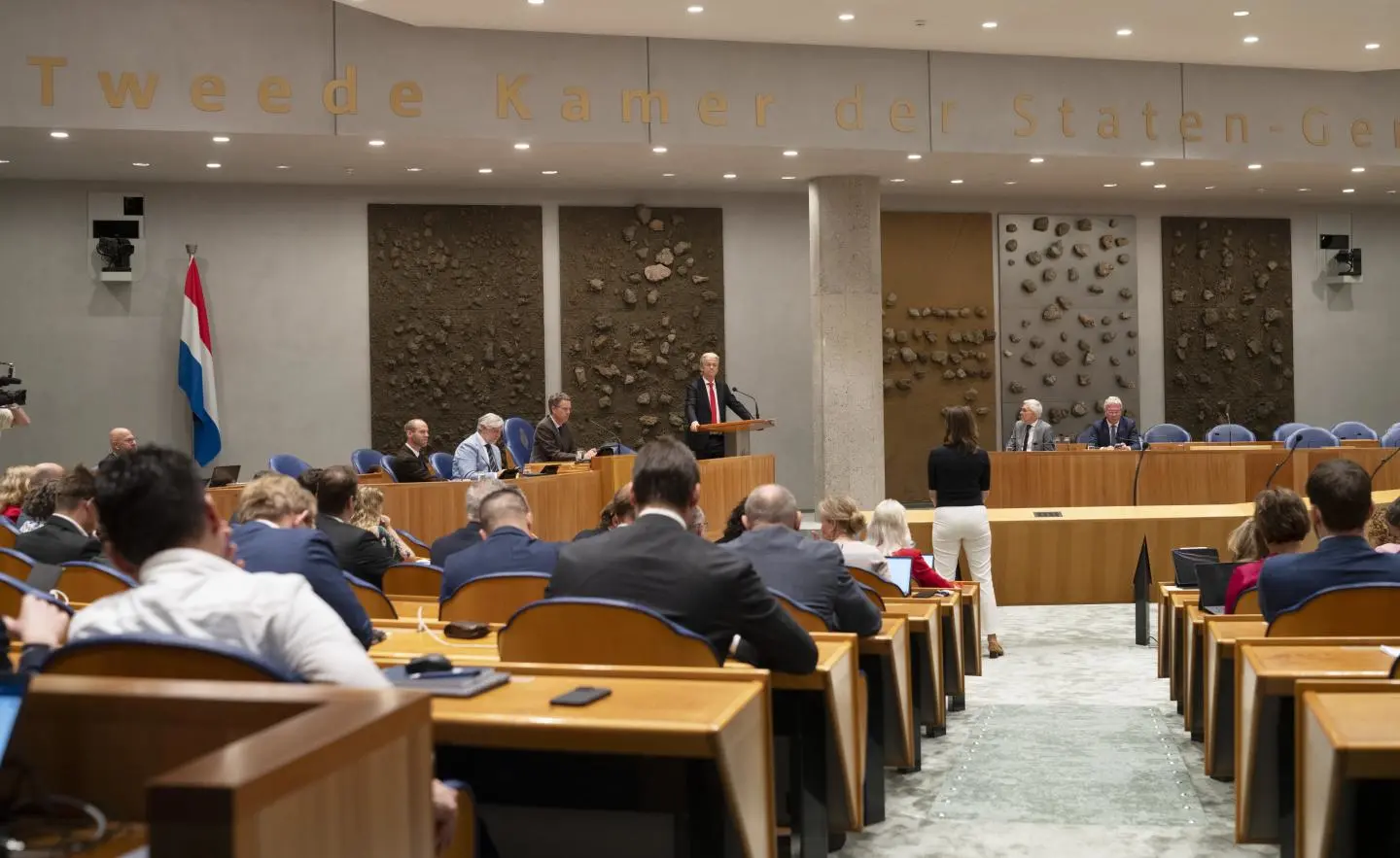
Left and right: How do you understand Dutch politics?
Share on social media:
When people talk about politics in the Netherlands, they use words like 'left', 'right', 'progressive' and 'conservative'. These words can be difficult, especially if you are still learning the language. In this article, we explain these words in a simple way.
Where do the words come from?
The words left and right come from France, from the year 1789. That was the time of the French Revolution. In the French parliament, the people who wanted to change everything were on the left. They wanted more rights for ordinary people. The people who wanted to keep everything as it was (tradition) sat on the right. This is how the words originated.
Today we use the words left and right mainly to talk about the economy and society in the Netherlands.
What is left?
People and parties who are on the left believe that government should play a major role. Their main idea is equality. They believe that everyone in society should have fair opportunities, whether you are rich or poor.
They want to narrow the differences between rich and poor. They think this can be done by making rich people and big corporations pay more taxes.
With that money, the government wants to provide good public services. For example: free education, good hospital care for everyone, and buses and trains that are cheap.
The left wants everyone to have a social safety net. This means that the government helps you if you lose your job or get sick, so you do not get into trouble.
Left-wingers often favour international cooperation and believe that the Netherlands should help other countries.
What is right?
People and parties who are on the right believe that the government should do less. Their main idea is freedom. They believe that people and businesses should have the freedom to make their own choices.
Right-wingers want low taxes. They think people and businesses will then have more money left over and work harder. This is good for the economy.
They believe the free market works best when the government does not interfere. Companies can then decide for themselves what they make and at what price.
The right puts a lot of emphasis on personal responsibility. You have to work hard yourself to be successful. If you do, you deserve good rewards.
Right-wingers often focus on national interests. The security and prosperity of our own country then come first.
What is progressive and conservative?
In addition to left and right, you may also hear the words progressive and conservative. These words are about how you think about change in society. They are not the same as left and right.
Progressive means 'wanting' to move forward. People who think progressively want society to change and become more modern. They want new ideas and rules. For example, they support equal rights for the LGBTQIA+ community, and think we should be open to other cultures.
Conservative means to 'preserve tradition'. People who think conservatively are cautious about change. They want to hold on to old rules, customs and values. They think that what we have built in the past is good and that we should protect it.
The middle parties: working together and solving
In addition to the words left and right, you may hear people talk about the middle. This is where parties stand that are not clearly left or right.
Parties in the middle are trying to find a balance between the ideas of the left and the right.
The middle is often pragmatic. This means they look primarily at what works in practice, rather than just sticking to their ideas.
In the Netherlands, the middle is very important. There is almost never one party that gets all the votes. That is why parties have to work together to form a government. Parties in the middle are then the bridge between the left and the right. They make compromises (agreements) with each other to be able to govern.